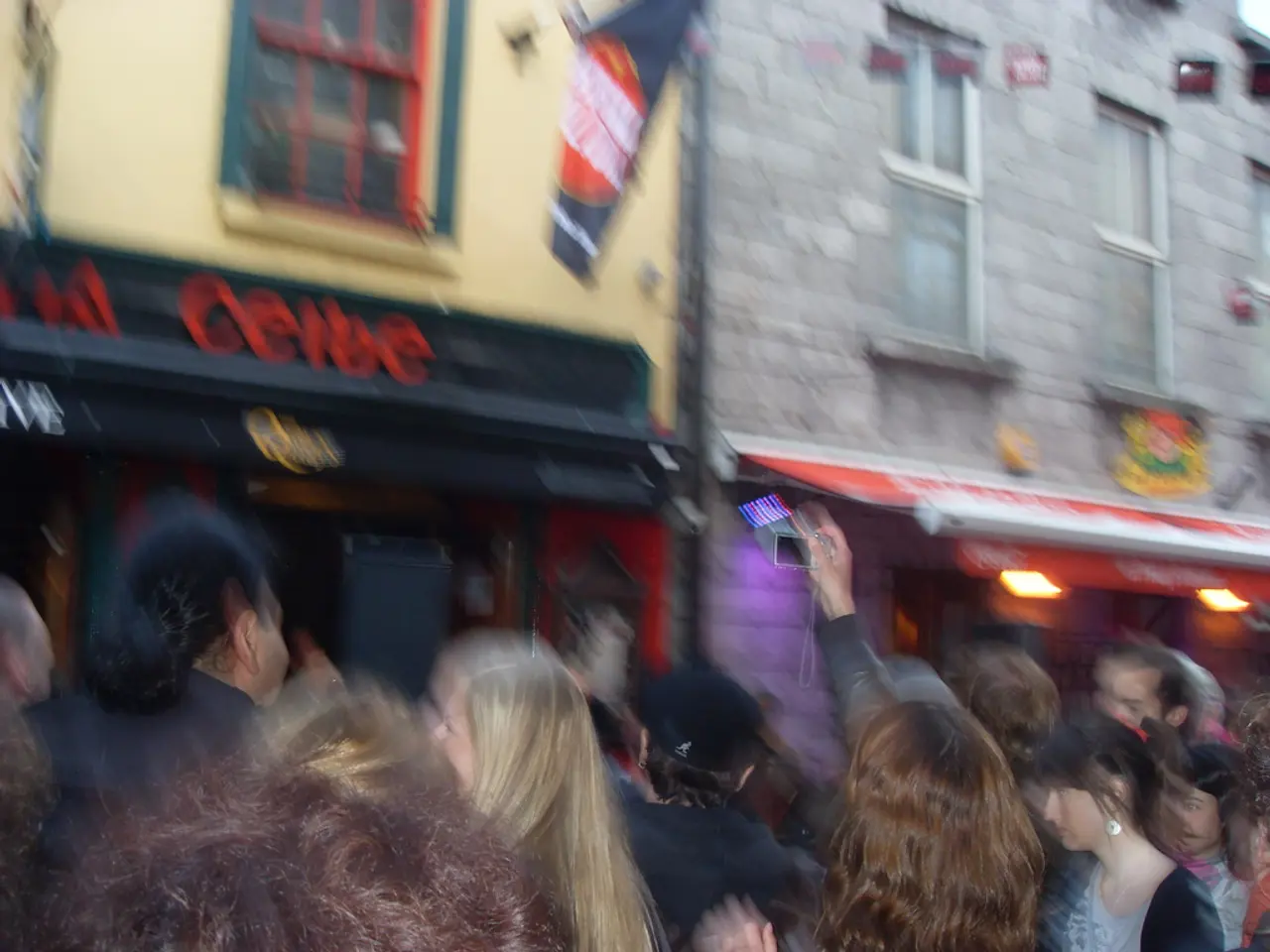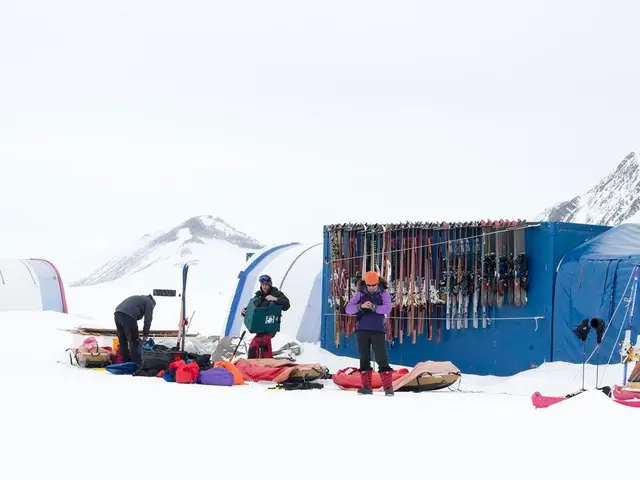Authorities in Rostov region prohibit dissemination of images and videosshowcasing aftermath of UAV assault and air defense operations
In a move aimed at preventing information leaks and ensuring the safety of residents, the Governor of Rostov Oblast, Yuri Slyusar, has signed a decree on August 8 that prohibits certain online activities. The decree came into force on August 11.
The measures, similar to those already in effect in various regions such as Crimea, Kalmykia, Adygea, St. Petersburg, Astrakhan, Vladimir, Volgograd, Ivanovo, Kursk, Leningrad, Lipetsk, Tver, Kaluga, and Tula, apply to both media outlets and regular users of social networks and messengers.
The decree prohibits posting online photos and videos of the aftermath of drone attacks and air defense work. Unauthorized filming and distribution of such content are subject to fines. For individuals, fines range from 3,000 to 5,000 rubles; for officials, from 20,000 to 40,000 rubles; and for legal entities, from 200,000 to 400,000 rubles.
In some regions, fines for such publications are also provided, with examples given in Adygea (civilian violators pay 5,000 rubles, officials pay 15,000 rubles, and legal entities pay 100,000 rubles). However, no publicly available specific laws or fines uniquely detailing the publication of sensitive military and drone attack information on social networks and messengers in Rostov Oblast were found.
Russia imposes strict controls and legal penalties on sharing information that could compromise military operations or state security. The reasons for these measures in Rostov Oblast are not specified in the given information. Russian legislation broadly criminalizes dissemination of military secrets, unauthorized disclosure of sensitive operational information, and spreading "fake news" about the armed forces.
Authorities in Sochi may also warn of drone threats via SMS and shut down mobile internet as a safety measure. It's important to note that the decree does not apply to official government sources and those who cite them.
A tourist in Sochi was fined 30,000 rubles for recording a video near a burning oil depot, under a "COVID" article. This incident highlights the importance of adhering to local regulations and guidelines when visiting the region.
In summary, the safety measures in Rostov Oblast apply to both media outlets and regular users of social networks and messengers. Publishing any data that reveals the locations and temporary deployment of military units in the region is also prohibited. It's crucial for residents and visitors to be aware of these regulations to avoid potential fines or legal repercussions.
[1] Source 1 [2] Source 2 [3] Source 3 [4] Source 4 (Not available in the provided search results) [5] Source 5
- The newly implemented policy-and-legislation in Rostov Oblast, similar to that in other regions, restricts certain online activities, particularly the posting of images and videos related to the aftermath of drone attacks or air defense work on social networks and messengers.
- The broader politics and general-news landscape in Russia indicates that sharing any sensitive military information or state secrets could lead to fines, with the magnitude of penalties varying for individuals, officials, and legal entities.








